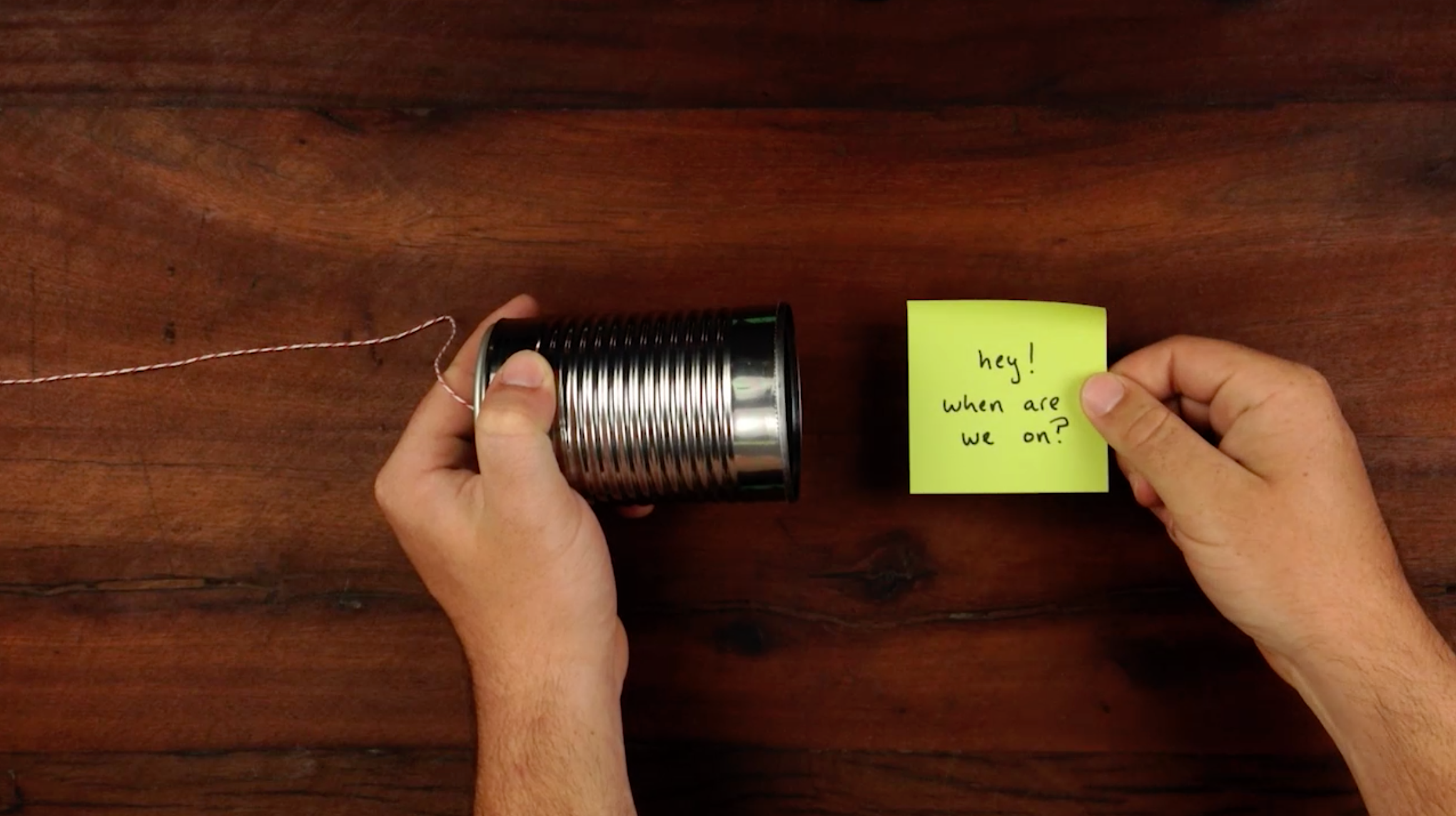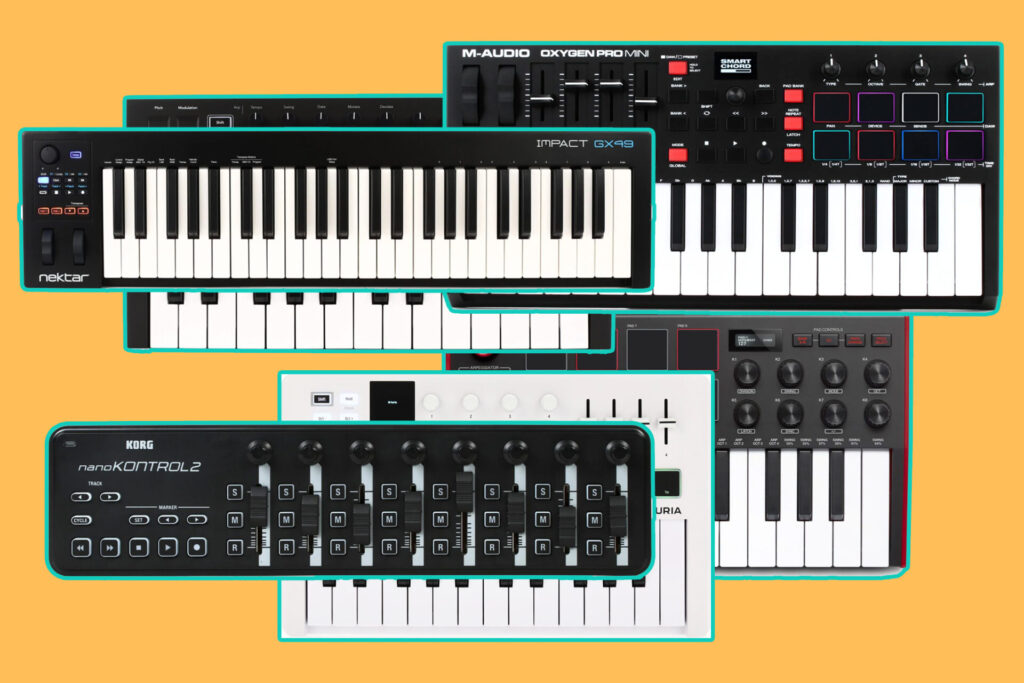+ Our brand new course with The Dillinger Escape Plan’s Ben Weinman teaches how to make a living in music without making sacrifices. Check out The Business of Uncompromising Art, out now exclusively on Soundfly.
The thought of playing a show fraught with performance mistakes, sound problems, and an unengaged crowd is one that keeps musicians of all stripes awake at night. It makes perfect sense, too! After spending god knows much time, money, and personal sacrifice writing and creating great music, you feel a lot of pressure to deliver a flawless live show every time you hit the stage.
But here’s the rub: Things go wrong in live shows constantly, and the problems you’re likely to experience aren’t always predictable or preventable, nor are they abnormal in any way. Especially when you’re on the road playing night after night, with different sound in different rooms with different support acts and different audiences, it’s a miracle we’re even able to perform well at all!
Here are a few ways to get through shows where nothing seems to be going your way.
Be as flexible as you can about last-minute show changes.
If you’re the type of musician whose world immediately crumbles when your set time changes at the last minute, or when you’re forced to use backline amps and drum kits rather than your own on short notice, then you might need to reevaluate your expectations. Unless you’re playing a sold-out theatre, set times are likely to move around a bit to accommodate everyone’s needs. And venues tend to operate on wildly varying degrees of professionalism.

If you’re an independent band embarking on a month-long tour, you should absolutely expect problems to show up in the form of inconvenient last minute changes. But while those changes are a huge pain to deal with, they’re usually unavoidable. Rather than fighting them or letting them bother and distract you throughout your performance, just play the best you can and try to minimize any other variables. Especially from the audience’s standpoint, if fans see you constantly fiddling around with your amp settings, showing your discomfort, it will throw them off, too!
Try to be flexible, well prepared, and expect last minute changes to occur, so they don’t destroy your night.
Maintain realistic expectations.
Minor issues have the power to ruin your shows if your expectations aren’t realistic. Dedication, ambition, and striving for perfection are all great qualities — perhaps essential qualities in any successful musician. You should have high expectations for yourself and your musical goals! But setting unrealistically high expectations for how some gigs should go is a sure path to disappointment. Not every gig is Madison Square Garden.
Being prepared, talented, and lucky all aren’t enough to keep problems from happening to you during a show. There’s just too much out of your hands to ensure that every one of your performances is going to be made great by your efforts alone. This is where my advice to just try and have a great time comes in. You’re on stage rocking out with your friends, at the very least, you can have a good time doing it!
The key here is to prepare for a live show as much as you can, but remember to have a good time and roll with the punches, and great things will come from that openness of attitude.
Remember why you love playing music and focus on the audience.
When a show is truly going off the rails, one of the best ways to inoculate yourself from despair is to actively remind yourself why you love playing music so much in the first place. This might sound a little self-helpy to some, but if you’re in the middle of a set that’s going poorly and you’ve still got five songs left, it could be the one thing that saves your show. Remember, audiences only tend to remember the first and last few songs in your set, so try to go out with a bang and make a lasting impression!

We musicians are notorious for getting in our own heads. You might think your show is going horribly, but what does the audience think? After all, live performances are for listeners, not for you. You can and absolutely should scrutinize and address problems occurring in your shows, but that should happen long after you’ve left the stage. While you’re on stage, your priority should be your audience.
Focusing on your audience’s experience, and simply having a great time no matter what happens, are two of the best pieces of advice for getting through even the worst of shows. Performing live is never perfect, there are always risks, but we musicians have to take those risks for the sake of our craft, in order to do what we love.
Rev Up Your Creative Engines…
Continue your learning with hundreds of lessons on songwriting, mixing, recording and production, composing, beat making, and more on Soundfly, with artist-led courses by Kimbra, RJD2, Com Truise, Kiefer, Ryan Lott, and Ben Weinman’s The Business of Uncompromising Art.




